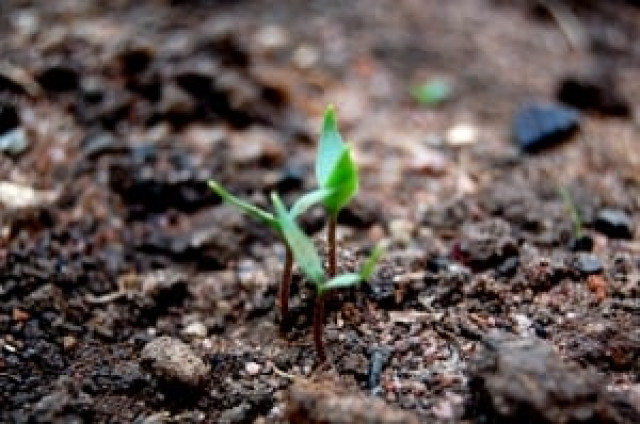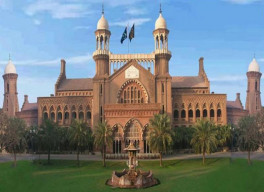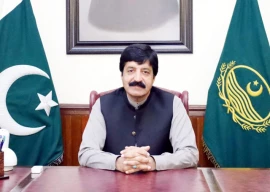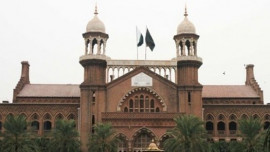
Different views were presented at a seminar on Tuesday on the Plant Breeder Rights (PBR) Bill 2012, pending in the National Assembly (NA) since March 2012, and the impact of genetically modified (GM) seeds on indigenous crop varieties in Pakistan.
The seminar titled ‘Biodiversity Under Threat: Traditional Knowledge and Plant Breeders Rights Bill,’ was held at the HRCP office with Sajjad Bhutta, the Director General of the Intellectual Property Organisation (IPO) of Pakistan as chief guest.
Bhutta concluded the seminar by inviting “think thanks and parliamentarians to initiate a national forum to discuss effective amendments in the PBR,” to protect indigenous seed species and stop the import of GM seeds which pose environmental hazards.
‘CBD provisions need to be included’
Event moderator Dr Nadeem Omar and advisor to the Centre for Culture and Development introduced various clauses of the PBR Bill 2012.
He said that BT Cotton, a GM cotton seed introduced in India in 2000s, caused 160,000 farmer suicides in India in four states over 12 years.
“The seeds promise lucrative profits but destroy the ability of the soil to cultivate other seeds,” he said. He said that multinational companies were involved in bio-piracy, by securing patents for existing seed varieties. “80 per cent of 5,000 varieties of seeds patented by companies in the United States in 2012 were from Pakistan and India,” he said.
Speaking about the PBR Bill, Omar said that the bill acknowledged the TRIPS agreement which was ‘pro-corporation’ but none of its clauses acknowledged the Convention of Biological Diversity (CBD), which recognises farmer and community rights to seeds.
‘Local breeders need protection too’
IPO Pakistan Deputy Director Mohammad Ismail said that only four of 600 seed breeder companies registered in Pakistan are multinationals.
The government should protect the rights of both farmers and breeders, he said.
Agri-Forum Pakistan president Ibrahim Mughal pointed to a decrease in global crop yields between 2008 and 2010 despite the use of GM seeds to cultivate wheat and cotton.
He said that GM seeds must be imported on condition that the technology shall be transferred to Pakistan.
“GM seeds should be imported only if they produce higher yields,” he said.
Aqeela Naz, a farmer from Khanewal, said that after using GM seeds to cultivate BT cotton, women pickers began to develop more health problems due to increased use of pesticides.
“The picking season also changed from winter-to-spring to spring-to-early summer,” she said.
She said Pakistani farmer suicide rates would soon exceed India.
South Asia Partnership (SAP-PK) Deputy Director Irfan Mufti said talked about the ‘impulsive’ reaction by Pakistani delegates at World Trade Organisation (WTO) forums and how it negatively affected local farmers.
He said at the last three forums, at Cancun, Doha and Hong Kong, he observed that the Pakistani delegates “act suddenly and become signatories without taking a negotiating position of their own”.
He said that our ministers had no mandate without consulting farmers and agricultural experts on the subject of importing GM seeds.
Published in The Express Tribune, May 23rd, 2012.

















COMMENTS
Comments are moderated and generally will be posted if they are on-topic and not abusive.
For more information, please see our Comments FAQ